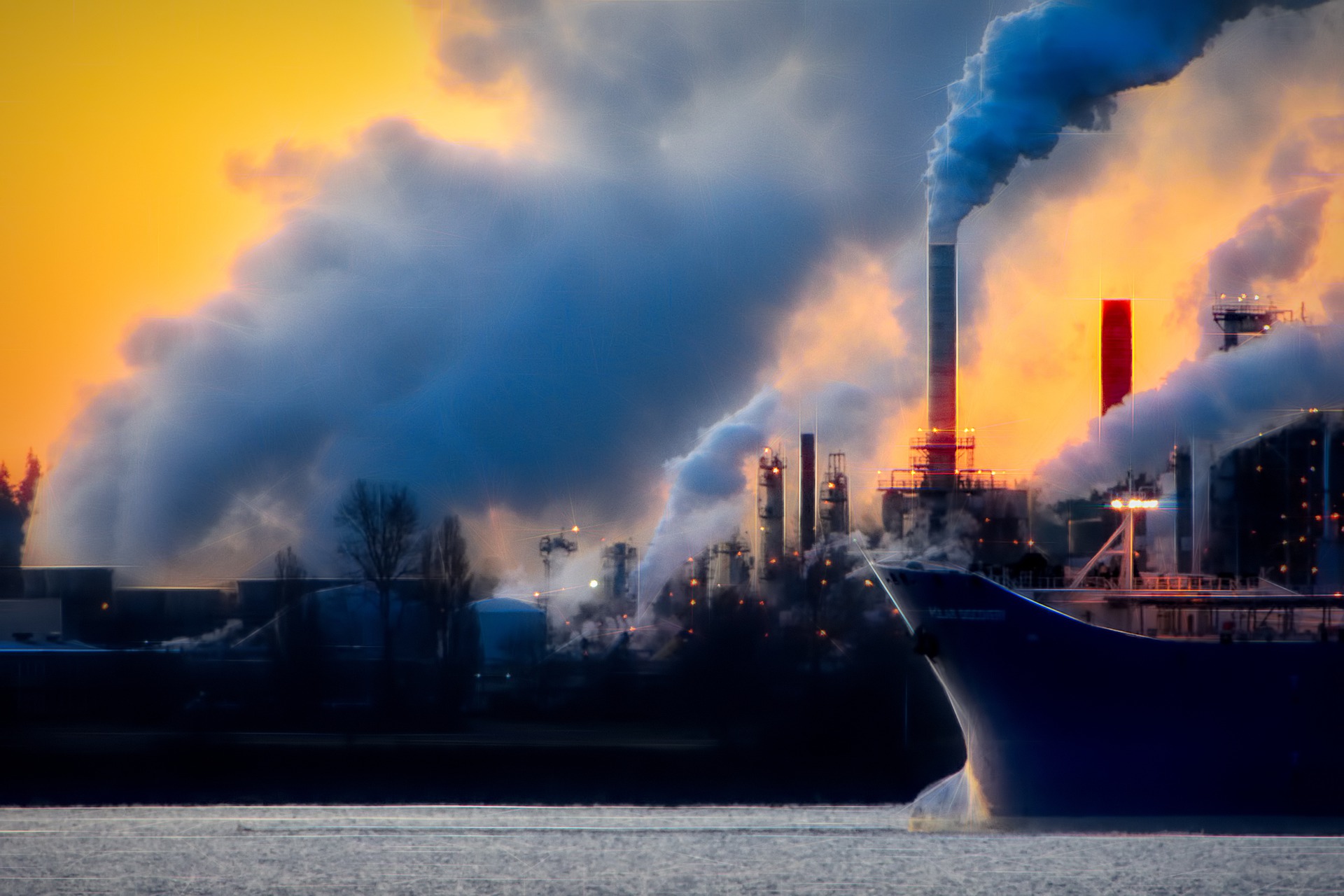
Ōtautahi – There are no climate upsides from here, for our civilisation in the rapidity of global warming we are causing by combusting fossil fuels in the open air and conducting emissions intensive food production, New Zealand’s UN expert level group member Dr Rod Carr says.
The world has constructed social, political and economic structures that appear to have locked our civilisation on a course of assured destruction, he says.
“The very institutional structures, private capital, markets, democracy, myopia, risk-taking and selfishness masquerading as enlightened self-interest have given us the science to understand what we are doing and denied us the tools to take sustained, urgent action.
“We may be the first civilisation to foresee the cause of our collapse, understand what needs to be done to prevent it and still be incapable of taking the required action.
“Are we prepared to stop visiting, investing in and trading with countries that do not show meaningful progress by 2030 toward net zero contribution to global warming by and beyond 2050?
“How stringent would we be in counting scope three emissions from a country’s exports such as emissions from Australian coal exports count as Australian emissions?
“How honest will we be about the base line for sustained contributions to past warming versus adding to warming a warmer world?
“How committed are we to doing as much as we can as soon as we can, versus doing only as much as we can get away with?,” Dr Carr says
Meanwhile, António Guterres, the UN’s secretary-general, has been pleading with the world to offer Pakistan massive help.
The country is currently dealing with the impacts of super floods made more likely by the climate crisis.
Countries, including the US and the UAE, have sent aid, but more needs to be done, the secretary-general says.
Since the middle of June, Pakistan has experienced record-breaking levels of monsoon rain, three times what the country is used to. This has led to rivers bursting their banks and huge, life-threatening floods.
So far, it’s thought that around 1500 people have died. UNICEF, the UN’s children emergency fund, estimates that around 3.4 million children now need urgent, lifesaving support as a result of the floods.
Scientists say that the climate crisis may have increased the intensity of the monsoons. In April of this year, researchers from the University of Bonn in Germany called for rich countries to cut their meat consumption considerably, by at least 75 percent, to help mitigate the climate crisis.

